Optimal Timing for Masonry Service
Masonry service is most effective when performed during specific times of the year to ensure optimal results and durability. Understanding the best seasons and conditions can help maintain the integrity of masonry structures and prevent issues such as cracking or mortar failure.
Spring offers moderate temperatures and lower humidity, ideal for masonry work. This period allows mortar to cure properly without the risk of freezing.
Summer provides warm weather, but high temperatures and direct sunlight can cause mortar to dry too quickly, potentially leading to cracking.
Fall typically features cooler temperatures and less rain, making it a suitable time for masonry projects before winter.
Winter is generally less ideal due to freezing temperatures, which can hinder mortar curing and cause structural issues.
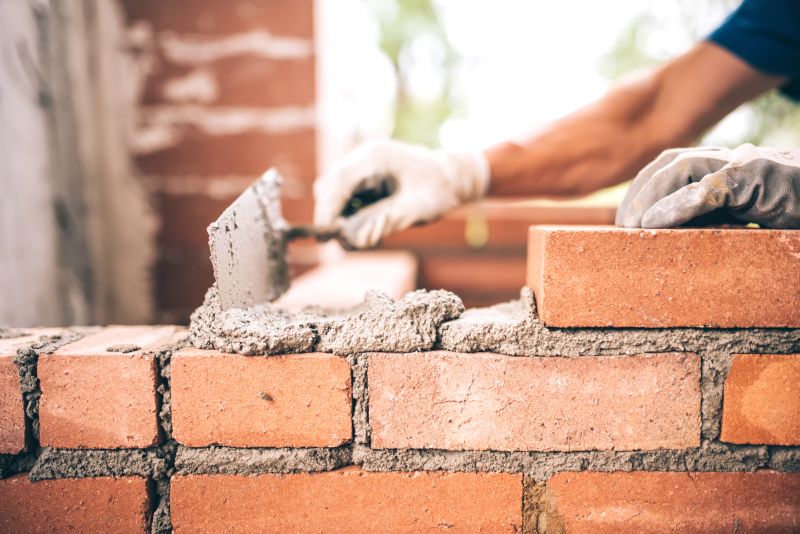
Masonry projects during spring benefit from mild weather and optimal curing conditions.
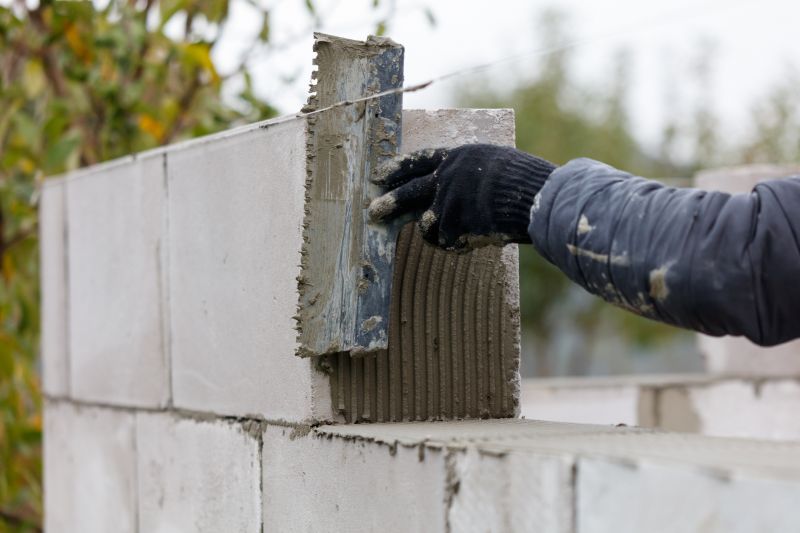
Summer masonry requires precautions against high heat and sun exposure.
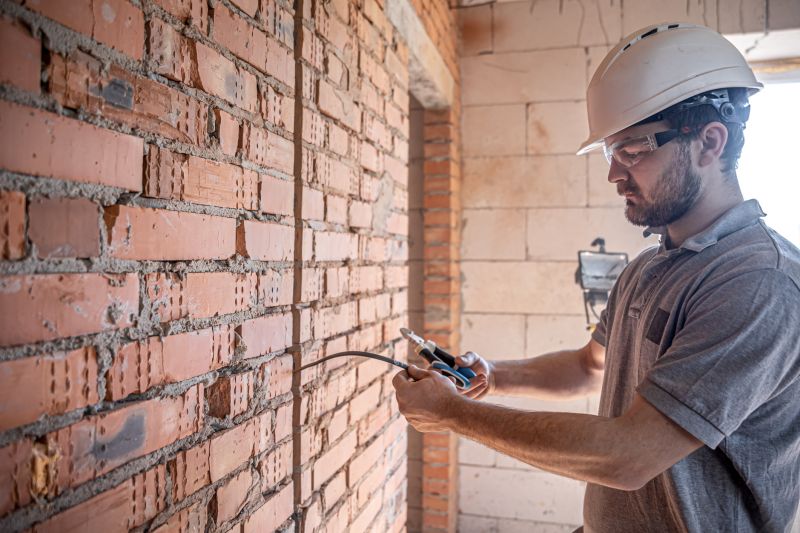
Fall provides cooler weather ideal for masonry without the rush of summer or winter.
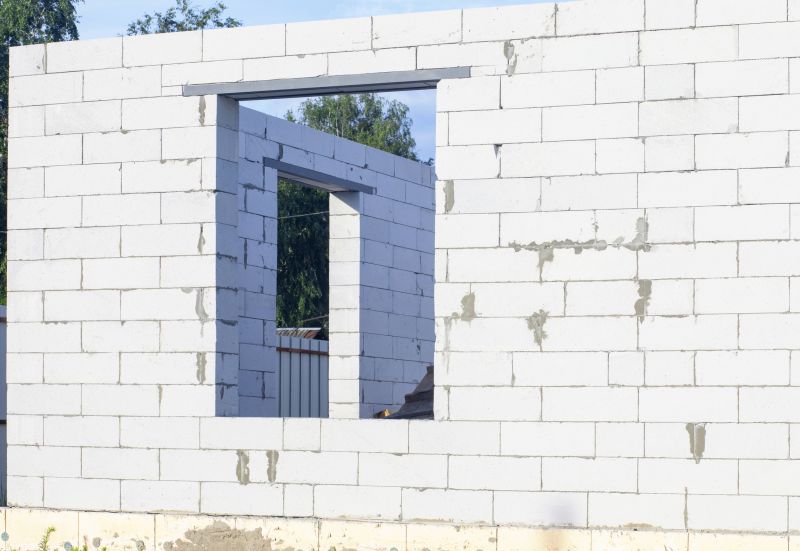
Cold weather can delay or complicate masonry projects due to freezing conditions.

Optimal masonry work occurs in mild, dry weather with stable temperatures.
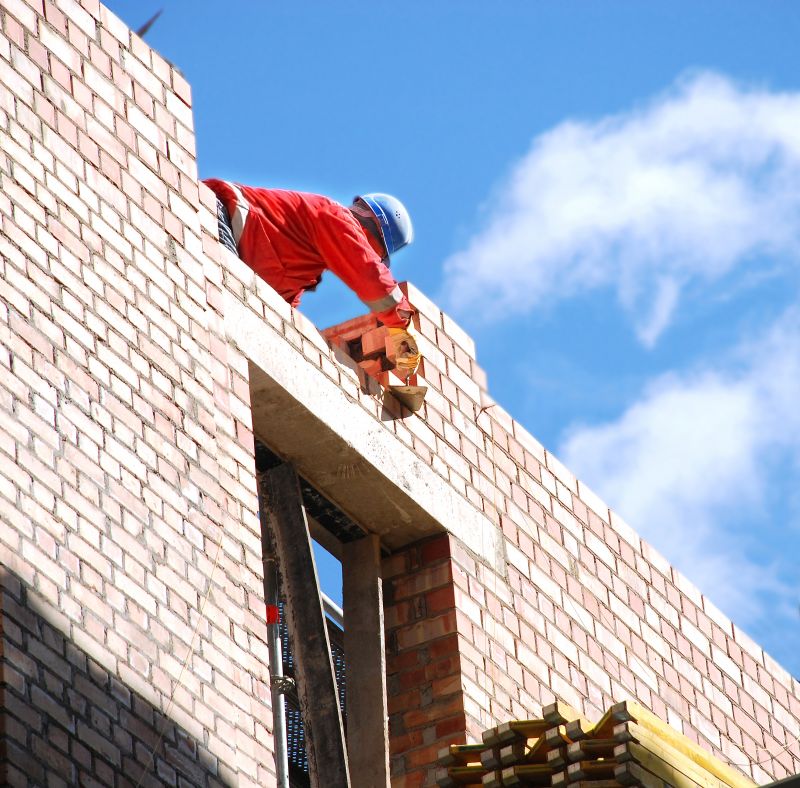
Ways to make Masonry Service work in tight or awkward layouts.

Popular materials for Masonry Service and why they hold up over time.
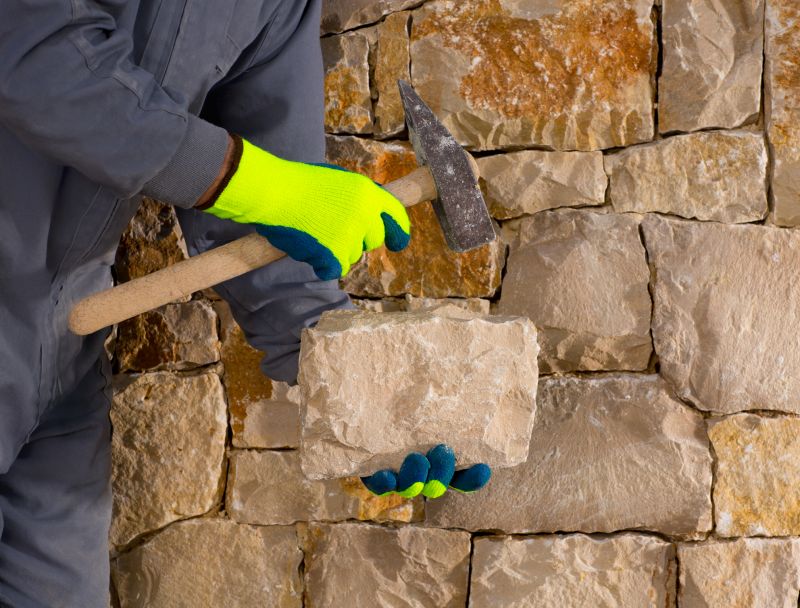
Simple add-ons that improve Masonry Service without blowing the budget.
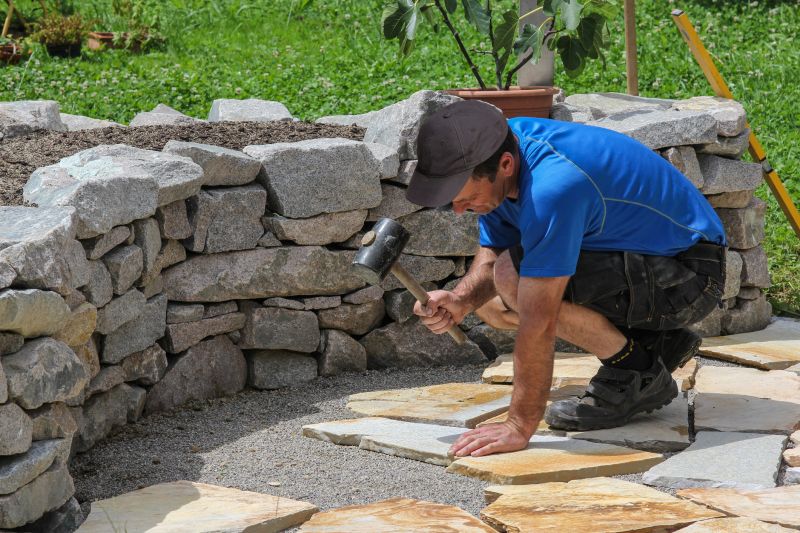
High-end options that actually feel worth it for Masonry Service.
| Season | Best for Masonry |
|---|---|
| Spring | Yes, due to moderate temperatures and good curing conditions. |
| Summer | Possible, with precautions against heat and sun. |
| Fall | Yes, ideal for avoiding winter cold. |
| Winter | No, due to freezing temperatures that impair curing. |
Masonry service encompasses the construction, repair, and restoration of structures using materials like brick, stone, and concrete. Proper timing ensures the longevity and stability of these structures. Seasonal factors influence mortar curing, material expansion, and contraction, which are critical for structural integrity.
Statistics indicate that masonry work performed in optimal weather conditions results in a 20% reduction in cracking and material failure. Scheduling projects during suitable seasons can extend the lifespan of masonry structures and reduce the need for future repairs.
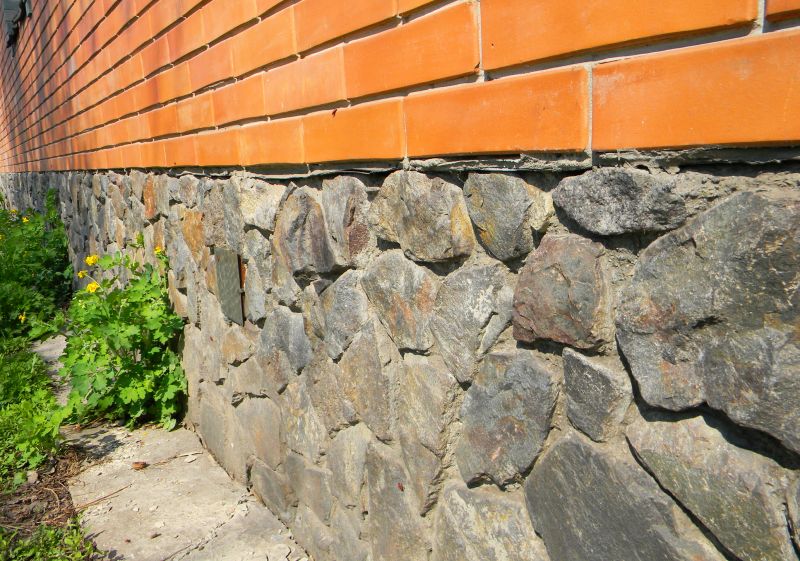
Spring's moderate climate supports effective mortar curing and structural stability.
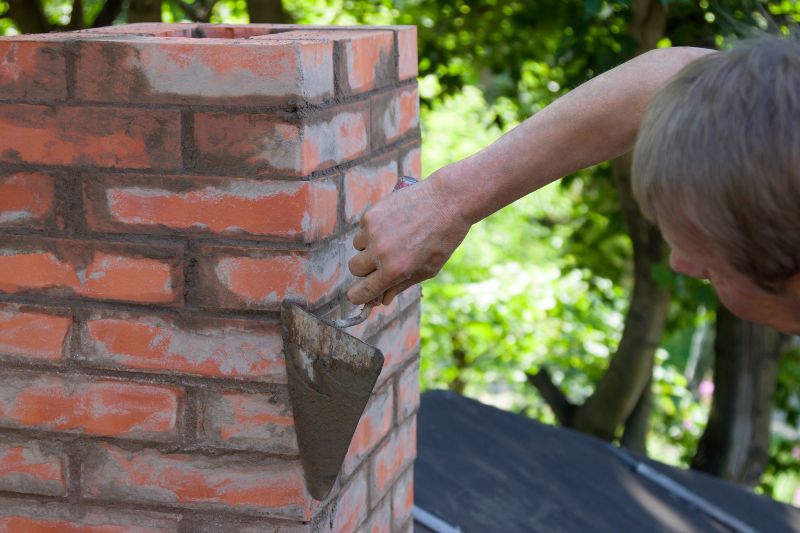
High temperatures require careful planning to prevent mortar drying too quickly.
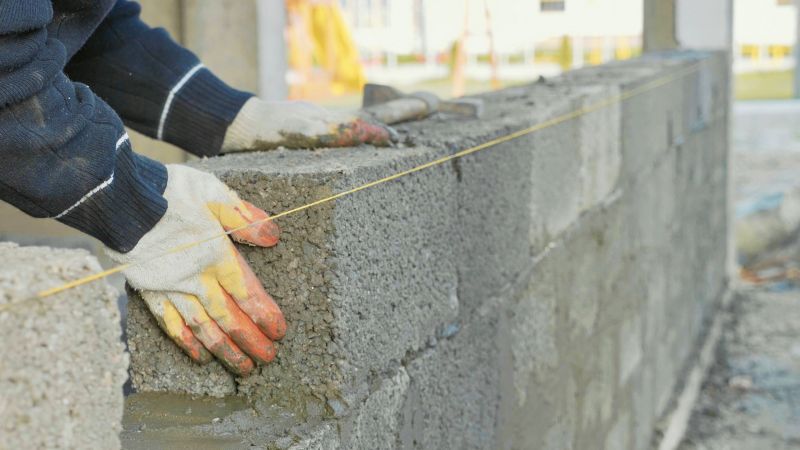
Cooler weather helps complete masonry work before winter sets in.
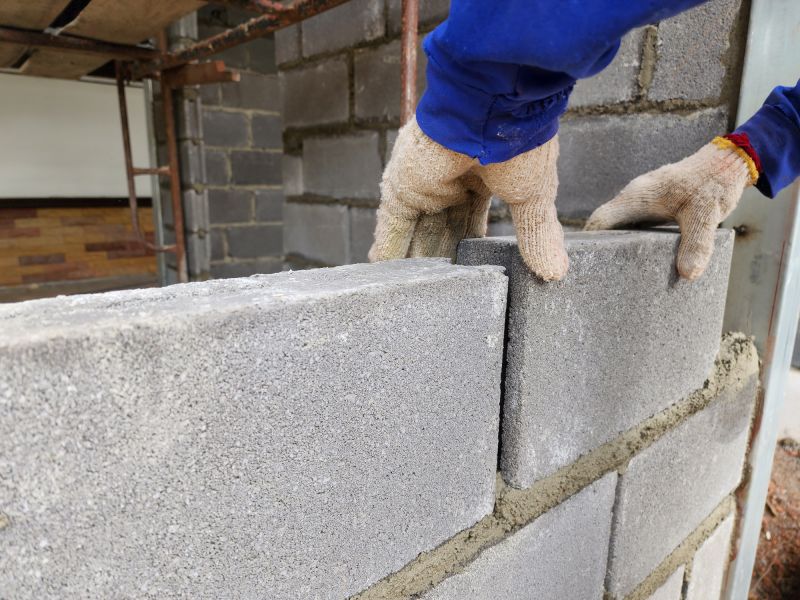
Freezing temperatures can cause mortar to fail and should be avoided.
Those interested in scheduling masonry services are encouraged to contact for consultation on the best timing based on local weather patterns and project specifics.
